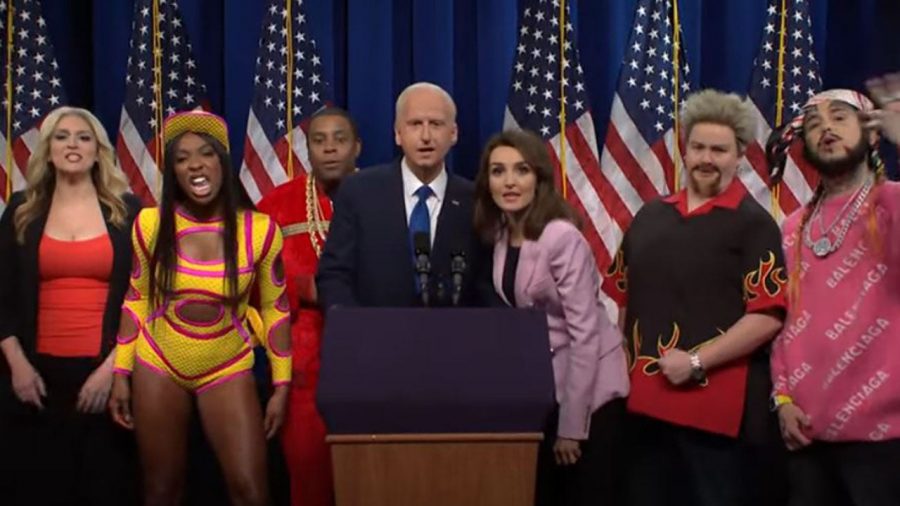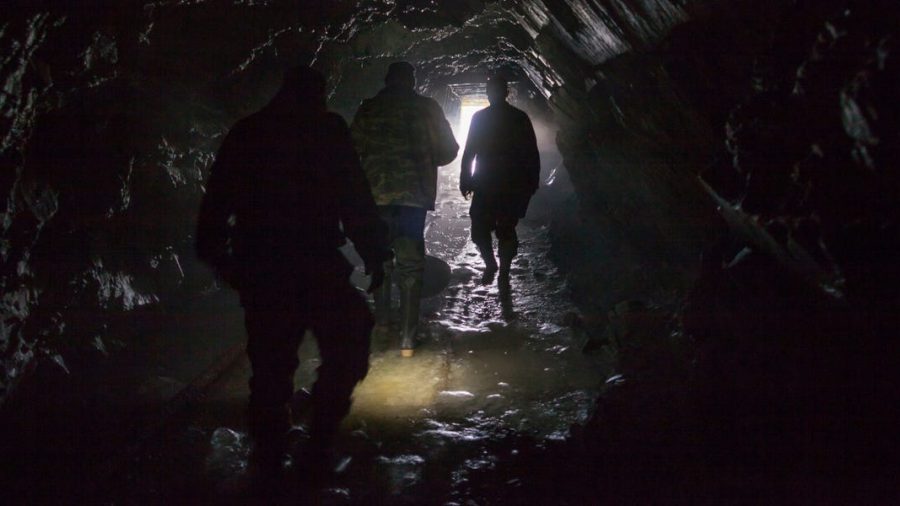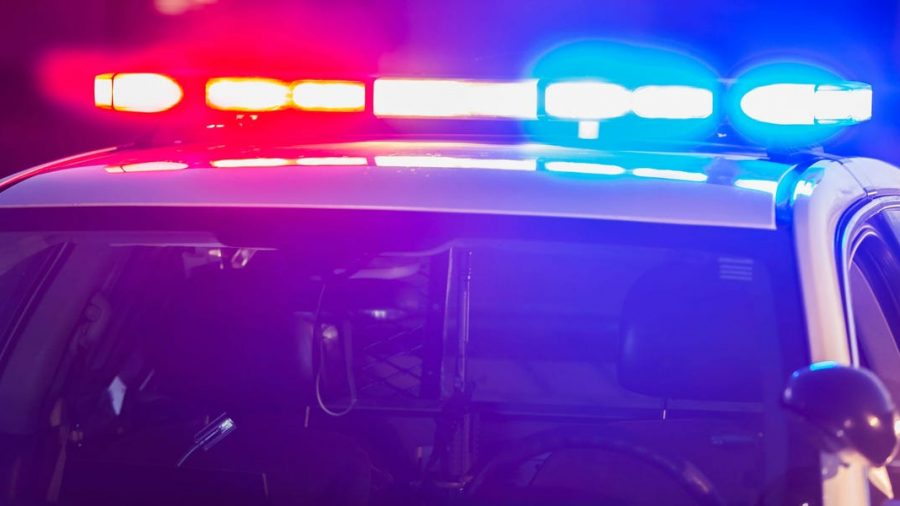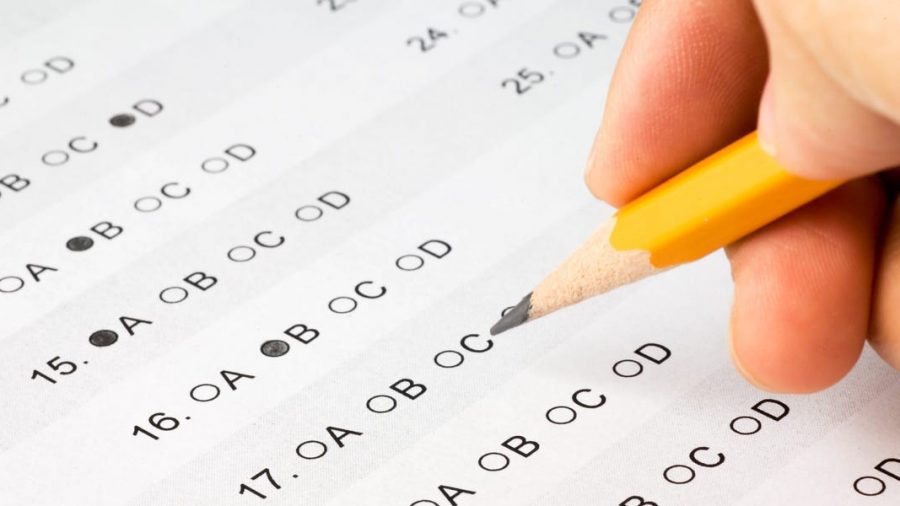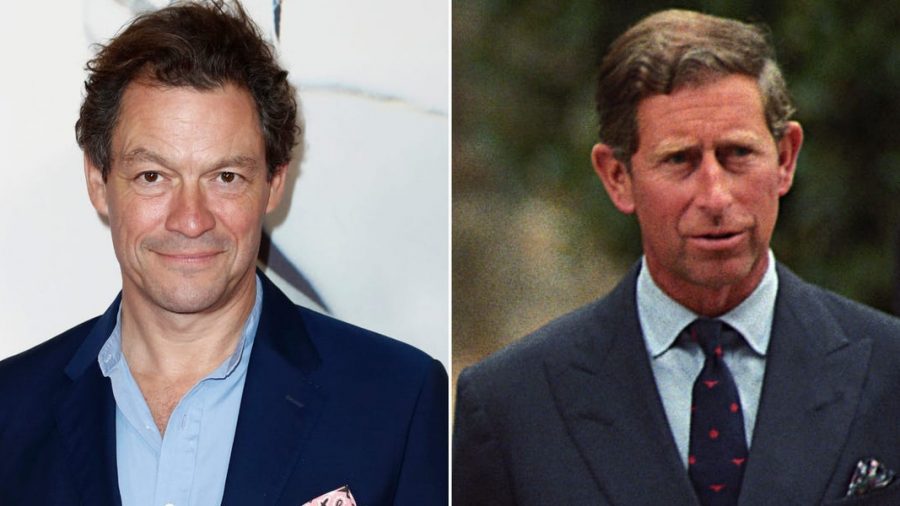Sen. Lindsey Graham, R-South Carolina, will have to go before a grand jury in Georgia that is looking into potential election meddling in the state two years ago, a federal appeals court ruled on Thursday.
The decision is a victory for Fulton County District Attorney Fani Willis and it was announced on the same day that NBC News verified Pat Cipollone, the lawyer for the Trump White House, testified before the grand jury. The first account of Cipollone’s presence came from CNN.
Graham has fought tenaciously to avoid giving testimony. In response to concerns from then-President Donald Trump that there had been massive voter fraud in the 2020 election, he filed a lawsuit in federal court attempting to invalidate a subpoena demanding information regarding phone calls he made to top election officials in Georgia.
Graham argued that because he made the conversations while serving as the chair of the Senate Judiciary Committee at the time, he shouldn’t be required to respond to inquiries about them as they are now a part of Willis’s criminal investigation into potential election meddling in the state.
A three-judge panel of the 11th Circuit U.S. Court of Appeals rejected Graham’s claim that his acts were protected by the speech and debate section of the U.S. Constitution in a unanimous decision on Thursday.
The appeals court decided that the senator’s testimony should be allowed to proceed because “Senator Graham has failed to demonstrate that he is likely to succeed on the merits of his appeal.”
The judges concurred with a previous court’s decision that Graham’s interpretation of those constitutional rights was too expansive and that he should be permitted to respond to some crucial grand jury questions, such as whether he sought advice from the Trump campaign before making the calls.
Senator Graham has failed to provide evidence that this strategy will infringe upon his First Amendment rights to Free Speech and Public Debate. The district court’s strategy ensures that Senator Graham won’t be questioned about such probes, even though the Clause protects informal legislative investigations, the decision stated.
The lower court’s conclusion that “there is serious disagreement regarding whether his phone discussions with Georgia election authorities constituted legislative inquiries at all” was also supported by the higher court.
An inquiry for comment was not immediately answered by Graham’s legal counsel. In the past, Graham’s attorneys have said that they would take their case to the Supreme Court if they failed in the 11th Circuit.
A Willis spokeswoman declined to respond to questions about the verdict.
Willis has made it known that she is looking into two post-election phone calls that Graham made to the staff of Republican Georgia Secretary of State Brad Raffensperger. According to Raffensperger, Graham questioned him about whether or not he had the authority to reject specific absentee ballots, which Raffensperger mistook for a suggestion to invalidate legitimately cast ballots. Graham has denied having such as his goal.
According to the subpoena requesting his testimony, Graham “also made reference to concerns of widespread voter fraud in the November 2020 election in Georgia, consistent with public statements made by known associates of the Trump Campaign.”
Since the subpoena was issued in July, Graham has been contesting it in federal court after failing to do so in state court.
In a ruling against Graham in August, U.S. District Court Judge Leigh Martin May stated that he could be questioned by investigators about the calls’ circumstances, including whether there was “any coordination either before or after the calls with the Trump campaign’s post-election efforts in Georgia.”
Additionally, she decided they might question him about his public remarks about the Georgia race and any attempts to “cajole” or “exhort” election officials there.
Investigators might question Graham about the three categories that the appeals court acknowledged “could not count as legislative activity under any view of Supreme Court history.”
Through Election Day, November 8, the Fulton County grand jury is currently in a “quiet period.”
According to a person with knowledge of the situation, Willis’ office investigators have obtained grand jury evidence from former top White House attorney Cipollone as part of their inquiry.
During White House meetings near the end of Trump’s presidency, Cipollone previously testified before the House committee looking into the Jan. 6 incident that he resisted attempts by others to tamper with the outcome of the 2020 election.


